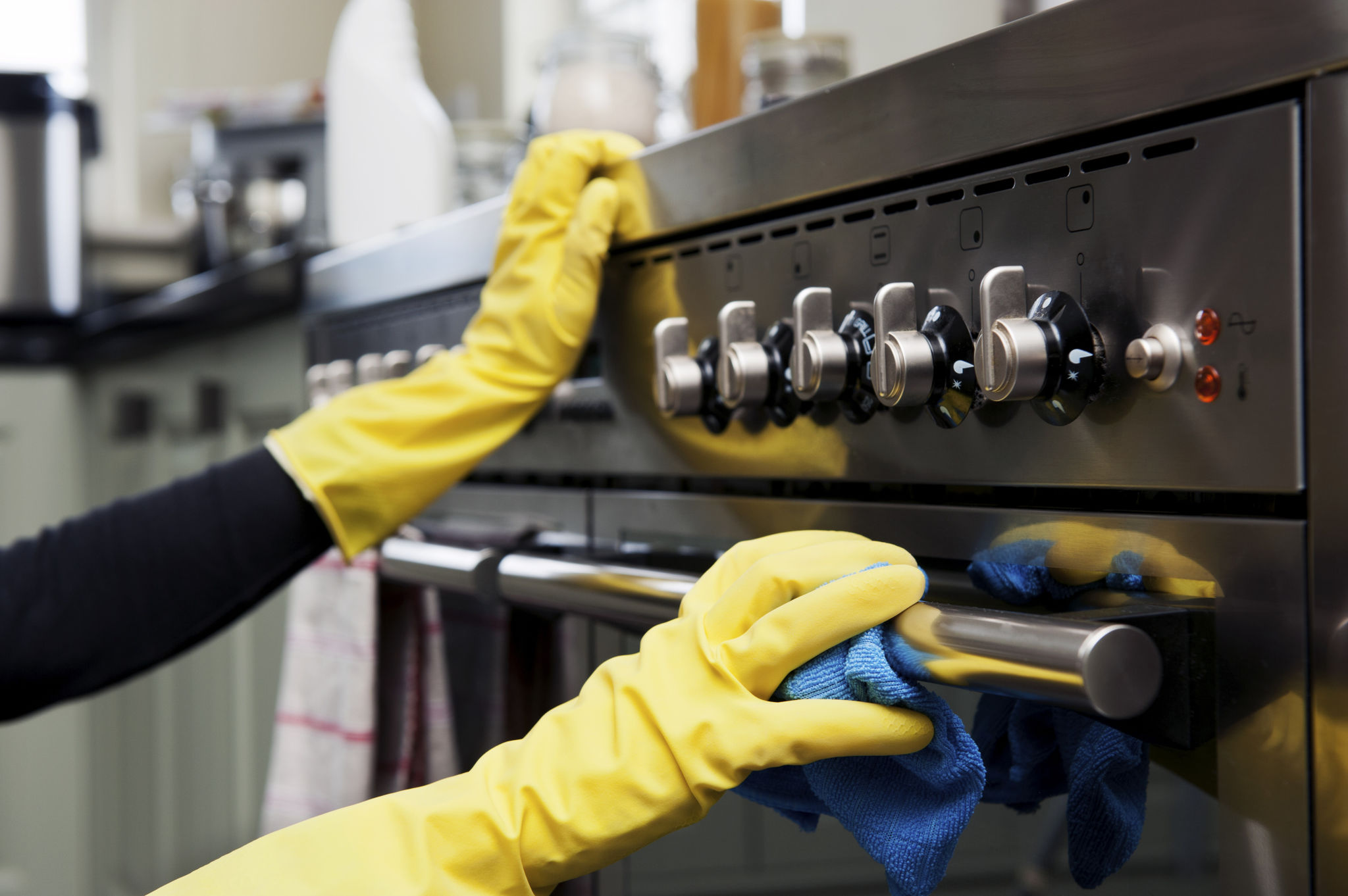Essential Food Quality Control Measures Every Business Should Implement
Understanding Food Quality Control
The foundation of a successful food business lies in its ability to deliver safe and high-quality products. Implementing stringent food quality control measures is essential to meet regulatory standards and consumer expectations. These measures not only prevent contamination but also help maintain the integrity of your brand.
Food quality control encompasses a variety of practices that ensure the food produced is safe for consumption and meets defined standards. This includes monitoring production processes, testing products, and maintaining detailed records.

Implementing Hazard Analysis and Critical Control Points (HACCP)
One of the most effective systems for ensuring food safety is the Hazard Analysis and Critical Control Points (HACCP) system. This approach involves identifying potential hazards in the food production process and establishing critical control points where these risks can be managed or eliminated.
Implementing HACCP involves the following steps:
- Conduct a hazard analysis to identify potential risks.
- Determine critical control points (CCPs) in the production process.
- Establish critical limits for each CCP.
- Implement monitoring procedures to ensure CCPs remain within critical limits.
- Establish corrective actions if monitoring indicates a deviation from critical limits.
- Verify that the HACCP system is working effectively.
- Maintain thorough documentation and records of the process.
Maintaining Cleanliness and Sanitation
A clean and sanitary environment is crucial for preventing food contamination. Regularly cleaning and sanitizing equipment, surfaces, and utensils helps remove food residues that could harbor harmful bacteria. Ensure that your staff is trained in proper sanitation procedures and understands the importance of maintaining cleanliness throughout the facility.

In addition to regular cleaning, it's important to establish a routine inspection schedule. This schedule should include checking for any signs of pest infestation, which can pose a significant threat to food safety. Implementing pest control measures is another critical aspect of maintaining a sanitary environment.
Proper Storage and Handling of Ingredients
Proper storage and handling of ingredients are essential to maintaining food quality. This includes controlling temperature, humidity, and other environmental factors that can affect the shelf life and safety of food products. Ensure that all ingredients are stored in appropriate conditions to prevent spoilage and contamination.
Training your staff on proper handling techniques is equally important. This includes understanding how to prevent cross-contamination between raw and cooked foods, as well as using separate utensils and cutting boards for different types of food.

Regular Training and Education
Ongoing training and education for employees are vital components of a successful food quality control program. Staff should be regularly updated on the latest food safety standards, regulations, and best practices. This not only ensures compliance but also empowers employees to take an active role in maintaining quality control standards.
Consider conducting regular workshops or bringing in external experts to provide additional insights into advanced food safety techniques. This continuous learning approach helps foster a culture of safety and quality within your organization.
Leveraging Technology for Quality Control
Technology can play a significant role in enhancing food quality control measures. From automated temperature monitoring systems to software that tracks production processes, technology offers various tools to streamline operations and ensure compliance with safety standards.
Investing in advanced technology can help reduce human error, increase efficiency, and provide real-time data analysis. This allows businesses to quickly identify potential issues and address them before they impact product quality.

Conclusion
Implementing essential food quality control measures is paramount for any business in the food industry. By adhering to practices such as HACCP, maintaining cleanliness, ensuring proper storage, providing regular training, and leveraging technology, businesses can safeguard their products and build trust with consumers. Commitment to these measures not only enhances product quality but also strengthens the overall reputation of the business.
